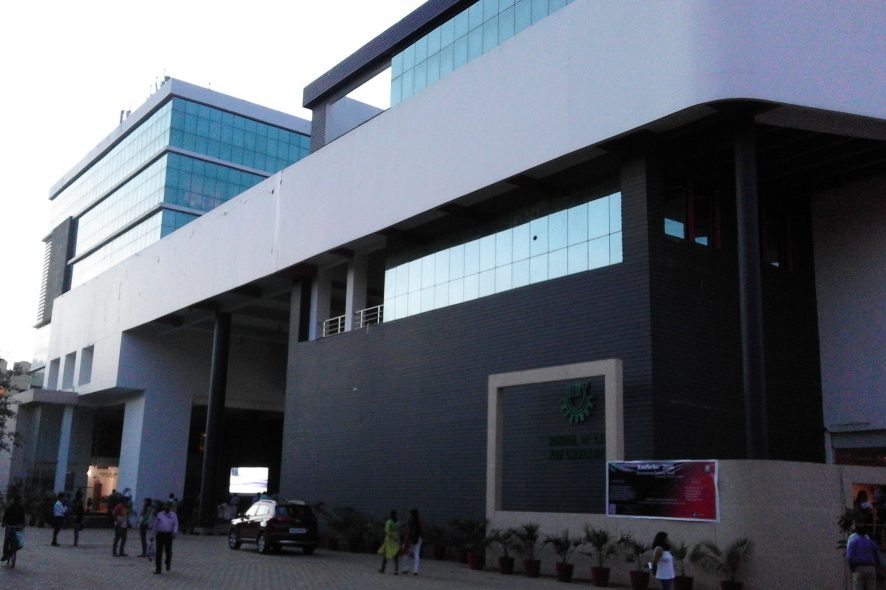The International Law Society has been organising the KIIT National Conference on International Law as their flagship event since 2016 and following the successes of the two previous editions we organised the 3rd KIIT National Conference on International Law over the last three days, i.e., from 12th to 14th January 2018.
This year as a part of the conference we organised two events, the Treaty Negotiation Competition and a Symposium on International Law. The conference this year, saw participation from around 60 students from around 12 law colleges from all around the country.
The Symposium on International Law comprised of paper presentations by the participants on the themes including International Human Rights Law, International Environmental Law and International Commercial Arbitration.
The session on International Human Rights Law was adjudged by Prof. (Dr.) A. Jaygovind, visiting professor NLUD and former VC, NLSIU, and Dr. Debasis Poddar, from NUSRL Ranchi. During the session various recent issues with regard to International Human Rights Law were dealt with and discussed upon. These included discussion on the need of preserving Human Right laws to prevent abuse of power for security, the human rights situation for the refugees and stateless, the Rohingya crisis in Myanmar and the use of force in international law and its exceptions including self-defence.
The session on International Environmental Law was adjudged by Dr. Balraj Kaur Sindhu, Professor, Rajeev Gandhi School of Intellectual Property Law, IIT Kharagpur and Mr. Biswanath Gupta, Assistant Professor, KIIT School of Law. The session saw discussion by the authors on topics such as the relevance of International Environmental Law in the area of mining in perspective to the decisions given by the Supreme Court and the issue of vanishing nations due to climate change and its implications in international law. The effect of climate change on international environmental law conventions, namely the UNFCC was also discussed upon.
The session on International Commercial Arbitration was adjudged by Mr.Ashish Bhakta, Partner ANB Legal, and Mr. Shubhamoy Sarkar, Legal Advisor, SAIL. The participants presented papers highlighting issues including International Commercial Arbitration: Issues and Challenges, the conflict of laws with regard to International Commercial Arbitration, a comparative analysis between Institutional Arbitration vis a vis Ad hoc arbitration, the Due Process Paranoia as a moral hazard of International Arbitration and the challenges of international commercial arbitration in India.
The 3rd edition of the Treaty Negotiation Competition was in nature of a Peace treaty. This time the region in focus was one, which has been a consistent feature in news headlines, i.e., the conflict ridden Middle East region. As no peace is possible without stable economy, the matters in deliberation also included economic aspects, the main aim of which was to search for alternatives and scope of reform. The current situation in the region provides the best platform for understanding the close relation between International Law and International Relations and the TNC is the one of the best methods to appreciate the practicalities of the same. The competition was judged by Prof. (Dr) TR Subramanya, Professor, NUJS and Mr. Anirudha Choudhury, Assistant Professor, KIIT School of Law.
I would like to thank the participants for presenting and highlighting these issues and sharing their ideas as a part of the symposium and showcasing their negotiation and diplomacy skills as a part of the Treaty Negotiation Competition. Last but not the least, the competition would not have been successful without the support system provided by the sponsors for the event being SCC Online and EBC.






